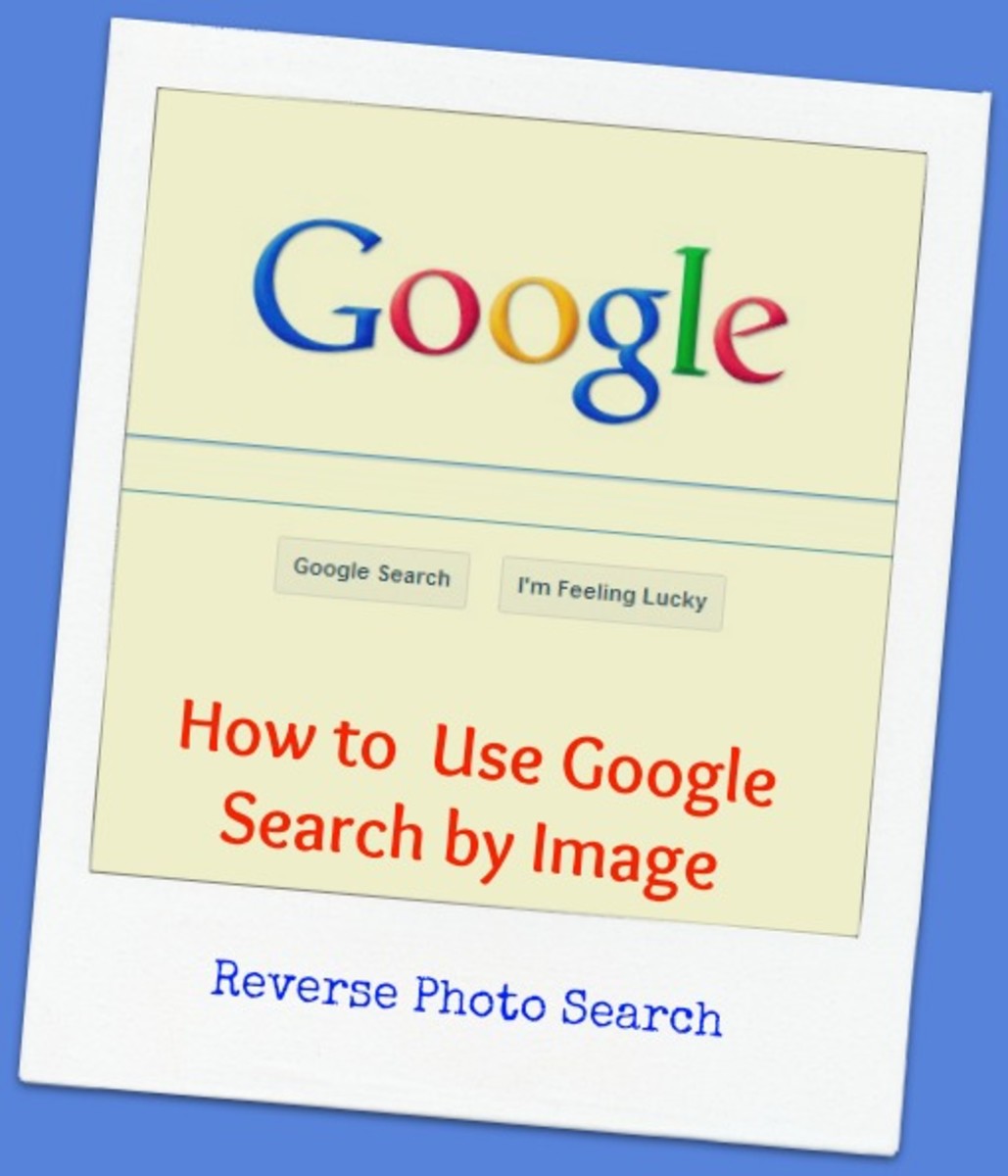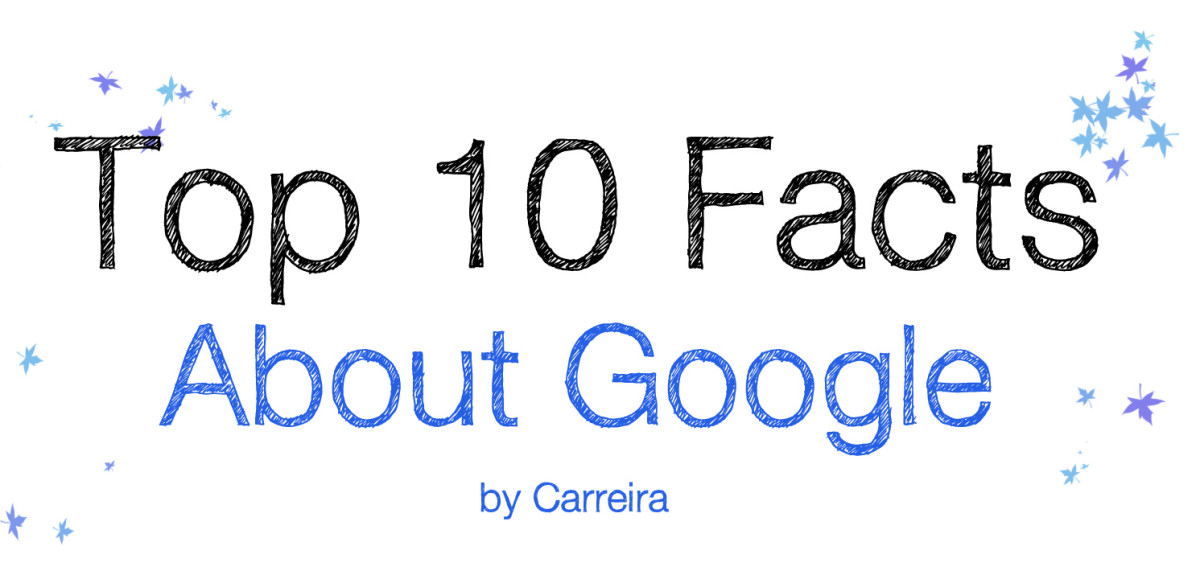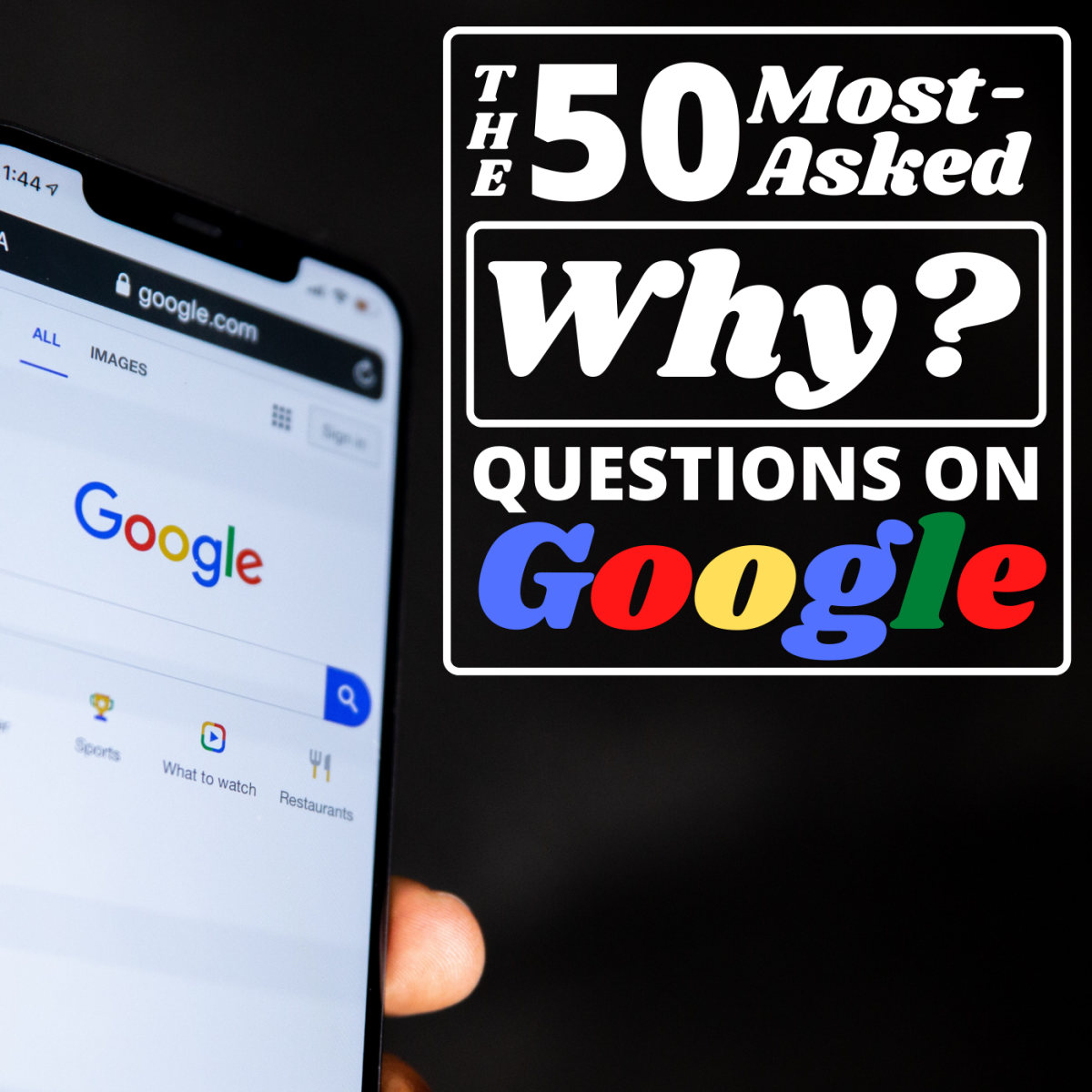- HubPages»
- Technology»
- Internet & the Web»
- Search Engines
Google Search Goes Semantic
Who doesn't use Google search? I can't think of anyone. The few times I have use Microsoft's Bing, it did not zing like Google, it seemed to be more biased, maybe I had too much wine, but I just think its inferior.
Google is doing a major upgrade to their iconic search engine, You won't see it externally, not really, but its going from a keyword search approach to a semantic approach. Its all behind the scene. It probably will impact how pages are ranked but it will provide more ways to advertise.
Semantic search refers to the process of understanding the actual meaning of words, rather, just at face value. They are trying to make the search engine more like how humans understand and become the "next" generation of search engines. In a keyword method, the word determines the importance of websites it contains primarily and factors in who is searching and their location and time ( I never knew that ). With a Semantic search, it can know the difference between words and those with more than one meaning. For example, depending how "bad" is used, it can mean "not good" or "very good". Or "Pinto", depending on the search, it will know whether the person wants info on Ford's Pinto car of the 70's or the horse breed and appropriate results. If you ask a question, you might just get the one best answer. The new search engine will go to several websites and analyze the content instead of just looking for keywords. The new engine is also aimed at having users stay longer on the results page by allowing them to, for example, peruse books they have searched for.
Google search has 66% of the market and it earns 75% of the revenue. Per year, it brings in $37 billion, a staggering amount.
The changes will not occur until later and the new search will look different forcing many to retool their webpages be changing the mark-up language. The project involves about 50 engineers and over 200 million data entries. Oddly enough, Microsoft's Bing has been accessing some semantic searches since 2008, but it is still more of a keyword search engine. MS considers semantic searches a "massive, long term" project for them and it probably is true for Google also.








